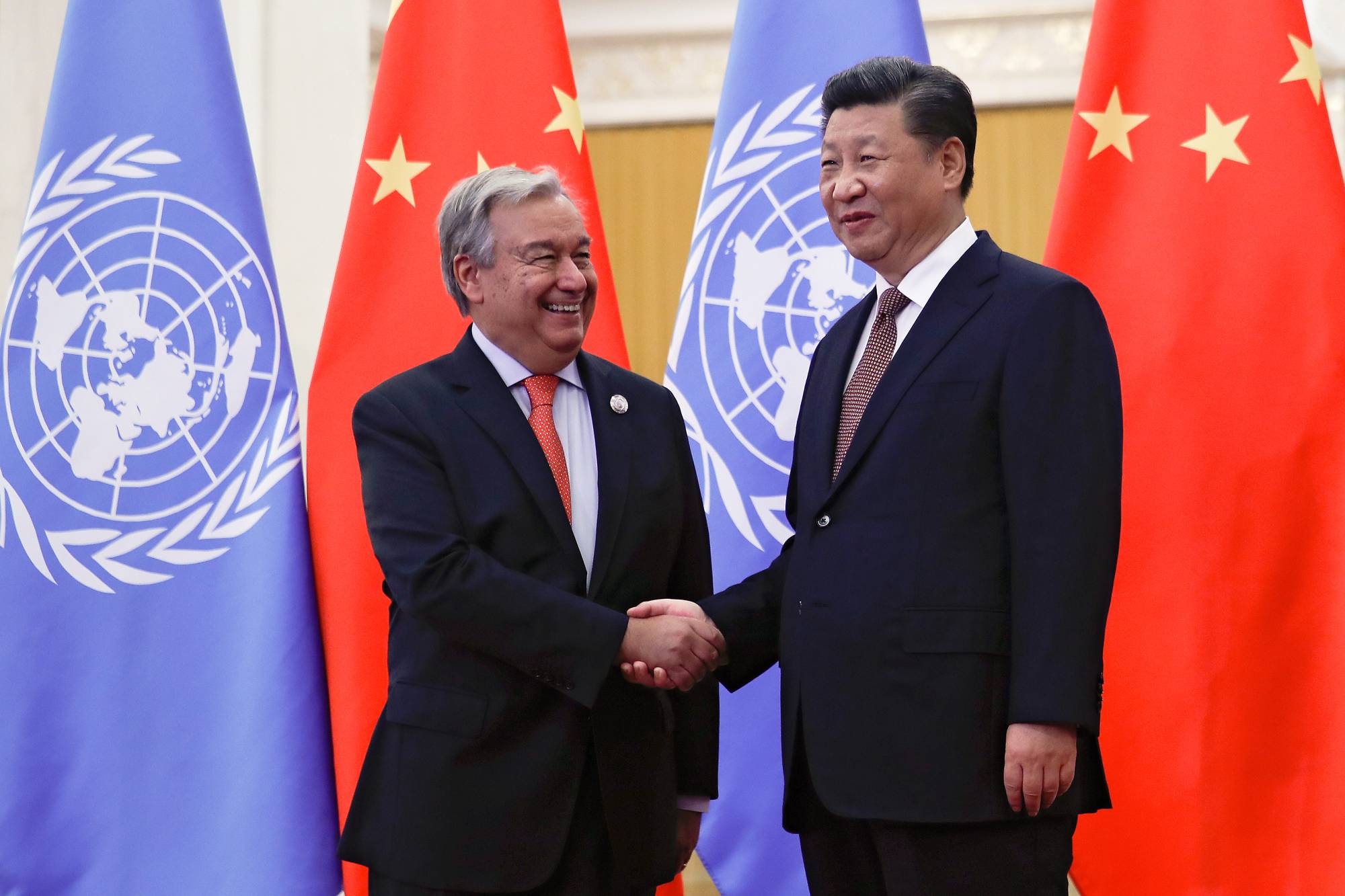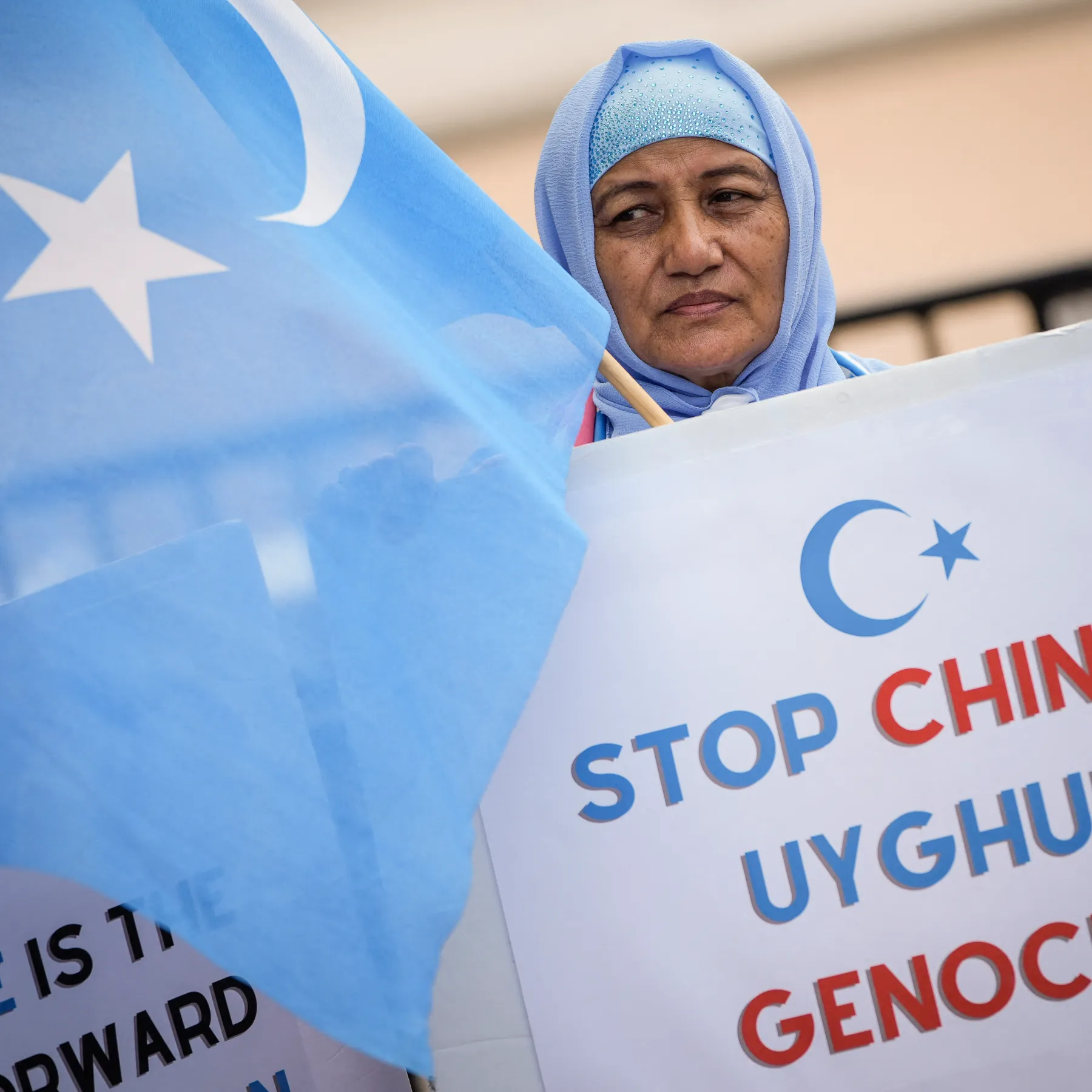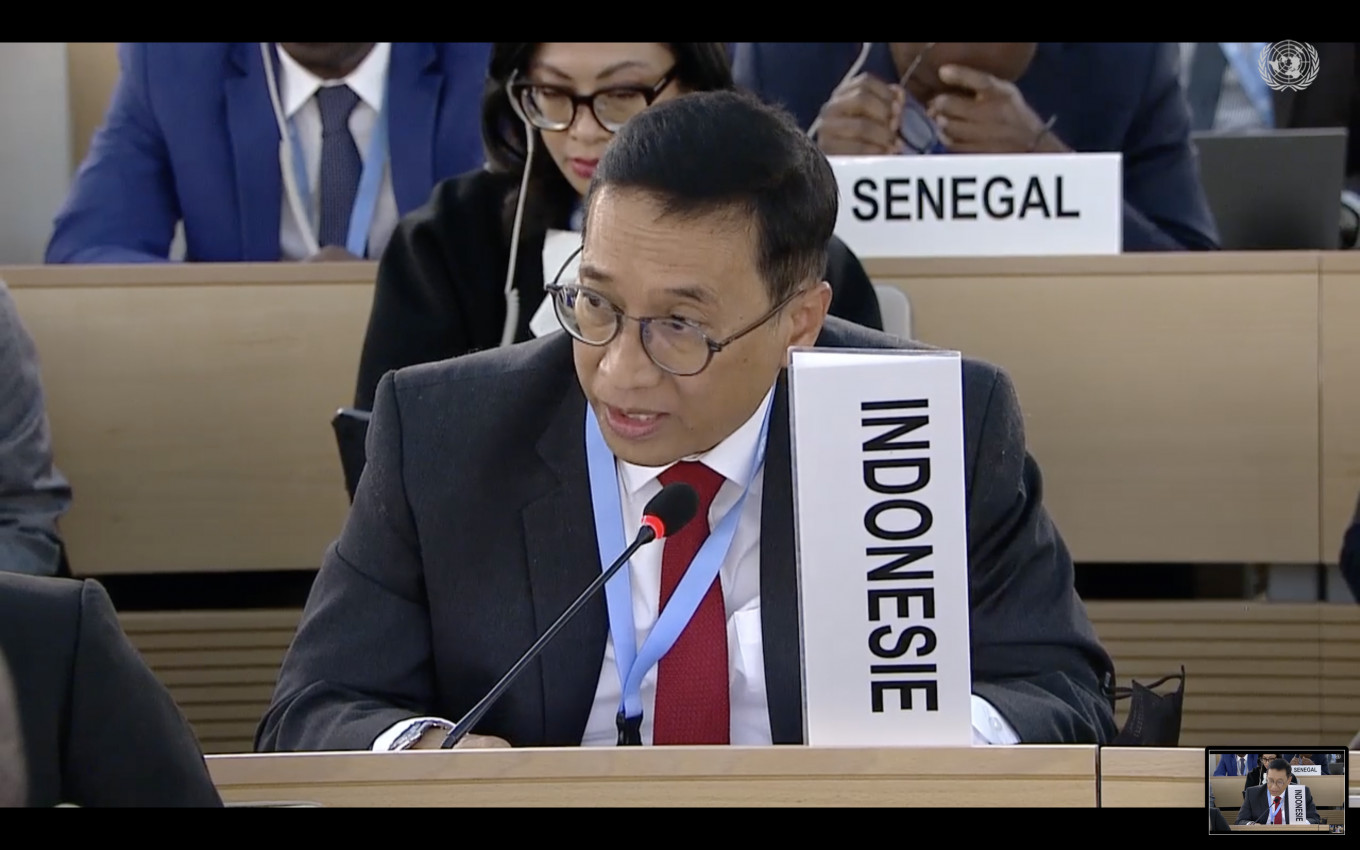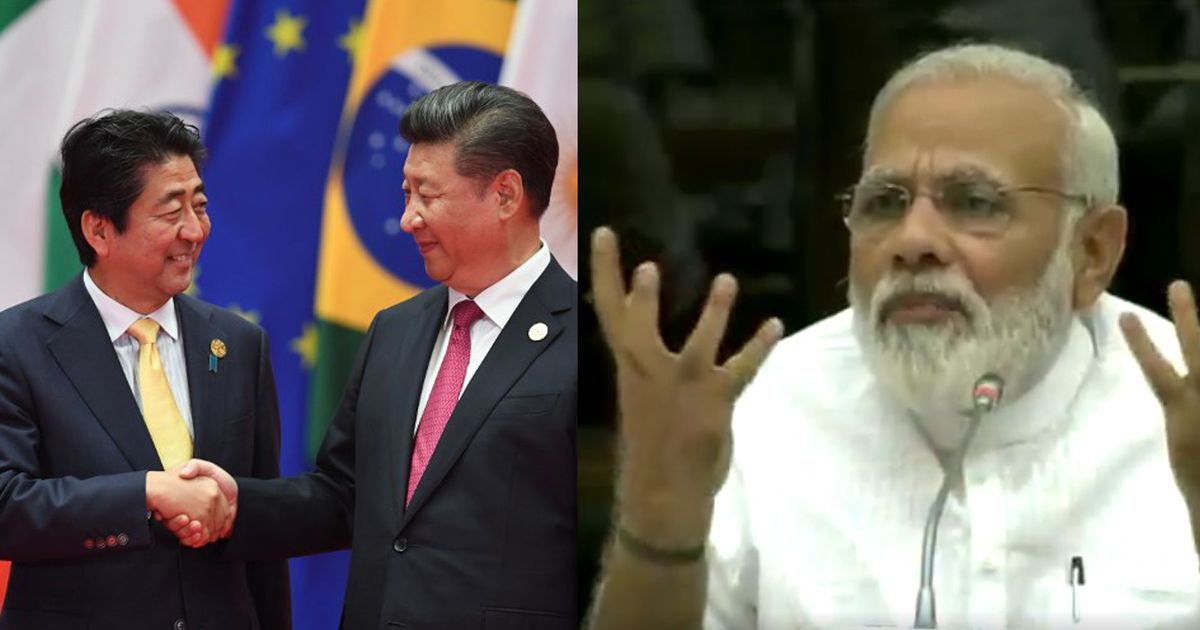China Paid Money to Buy Votes in the UN? UN Corruption Scandal by China In a shocking revelation, allegations have emerged that China engaged in corrupt practices to secure votes within the United Nations (UN). This alleged UN corruption scandal involving China has sent shockwaves through the international community. Reports suggest that China resorted to monetary incentives to sway the voting decisions of member countries. The scale of this alleged misconduct has raised concerns about the integrity and transparency of the UN, an organization meant to promote global peace and cooperation.
While investigations are ongoing, the implications of this scandal are profound. The UN is often regarded as a beacon of impartiality and trust, and any corrupt practices within its ranks undermine its credibility. If proven true, this scandal could have far-reaching consequences for China’s standing in the international community and calls into question the fairness of the global decision-making process. As the world awaits further updates on this developing story, scrutiny intensifies on the actions taken by the Chinese government. The outcome of the investigation and any subsequent actions will shed light on the extent of this alleged corruption scandal and its impact on the global stage.

Background on China’s Involvement in the UN
China, one of the five permanent members of the fiatogel United Nations Security Council, has had a long-standing and influential role within the organization. Since its admission into the UN in 1971, China has played a pivotal part in shaping global policies, using its position to advance its national interests.
In recent years, China has increased its involvement in the UN, contributing to peacekeeping missions, participating in human rights councils, and taking up key positions within the organization. This increased participation has enabled China to wield considerable influence within the UN, making it a significant player in global decision-making processes.
However, this influence has not been without controversy. Allegations of China using its position within the UN to further its political agenda have surfaced in the past. The recent allegations of corruption, however, have sparked a new level of concern, questioning the integrity of the organization and its decision-making processes.
Allegations of China Buying Votes in the UN
Reports emerged that China has allegedly used financial incentives to sway the voting decisions of member countries within the UN. These allegations, if proven, signify a gross violation of the principles of impartiality and fairness that the UN embodies.
These claims suggest that China has engaged in a systematic approach to secure votes, exploiting the financial vulnerabilities of certain member states. The alleged corrupt practices include providing aid, investments, and loans in exchange for support within the UN. This form of ‘diplomatic bribery’ challenges the core values of the UN, undermining the integrity of the organization.
The gravity of these allegations has prompted investigations to determine the validity of the claims. The global community watches with bated breath as the truth behind these allegations unfolds.
Evidence Supporting the Corruption Allegations
Investigations into the allegations have unearthed several instances of suspicious financial transactions between China and other member states. Reports of aid and investment packages coinciding with critical voting procedures within the UN have raised eyebrows.
While these transactions are not outright proof of corruption, they do point towards a pattern of potential vote-buying. Further investigations are needed to establish a direct link between these financial transactions and the voting patterns within the United Nations.
Despite the lack of concrete evidence, the recurrent instances of such coincidences are alarming. They have added fuel to the allegations, intensifying the scrutiny on China’s actions within the UN.
Reactions from Other Countries and International Organizations
The allegations have elicited strong reactions from the international community. Countries and international organizations alike have expressed their concern over the potential erosion of trust and integrity within the United Nations.
Many countries have called for a thorough and transparent investigation into the allegations. There is a collective demand for accountability and justice to restore faith in the organization. Some countries have even proposed reforms within the United Nations to prevent such incidents from happening in the future.
International organizations, including various human rights groups and transparency advocates, have voiced their concern over the alleged corruption. They stress the importance of maintaining the UN’s impartiality and call for stringent measures to ensure transparency.

Impact of the Scandal on China’s International Reputation
The scandal has had a significant impact on China’s international reputation. It has cast a shadow over China’s involvement in the United Nations, with many questioning the country’s intentions and actions within the organization.
The allegations have brought China’s diplomatic practices under scrutiny, raising doubts about its commitment to global cooperation and peace. This scandal could potentially damage China’s standing in the international community, affecting its influence and relations with other countries.
However, it’s important to remember that these are just allegations at this stage. The actual impact on China’s reputation will largely depend on the outcome of the ongoing investigations.
Steps Taken by the UN to Address the Issue
In response to the allegations, the United Nations has pledged to conduct a thorough and impartial investigation. The organization has expressed its commitment to transparency and accountability, promising to take strict action if the allegations are proven.
Several measures have been proposed to prevent such incidents from happening in the future. These include implementing stricter financial transparency requirements for member states and strengthening the integrity and independence of the voting process.
While these steps are a move in the right direction, their effectiveness will heavily depend on their implementation and enforcement. The global community will be closely watching the UN’s actions in the coming months.
Calls for Transparency and Accountability in the United Nations
The scandal has sparked calls for increased transparency and accountability within the United Nations. Critics argue that the organization needs to be more open about its processes and decision-making, to prevent such incidents from happening in the future.
There are demands for stricter financial disclosure norms for member states and a more robust system to monitor compliance. Advocates for reform also argue for the implementation of a more transparent voting process within the UN, to ensure that decisions are based on merit and not influenced by financial incentives.
The calls for reform are not new, but the recent scandal has given them a renewed sense of urgency. It remains to be seen how the United Nations responds to these demands and what steps it takes to restore trust in the organization.
China’s Response to the Allegations
China has vehemently denied the allegations, dismissing them as baseless and politically motivated. The Chinese government maintains that it has always adhered to the principles of fairness and impartiality within the United Nations.
China has pledged its cooperation with the investigation, expressing confidence that it will clear its name. The country has also reiterated its commitment to the United Nations and its principles, hoping to reassure the international community of its intentions.
Despite the denial, the allegations have put China in a difficult position. The country will need to work hard to restore trust and prove its commitment to global cooperation and peace.

Potential Implications for the Future of the UN
The United Nations corruption scandal involving China has sent shockwaves through the international community. It has raised serious questions about the integrity and transparency of the United Nations, casting a shadow over its role as a global peacekeeper.
While the investigations are ongoing, the scandal has already had profound implications. It has sparked calls for reform within the United Nations, with demands for increased transparency and accountability. The outcome of the investigation will have far-reaching consequences for the United Nations and its future role in global affairs. If you found this article informative, please consider delving into our piece on Papeda, exploring diverse topics shaping our world.


